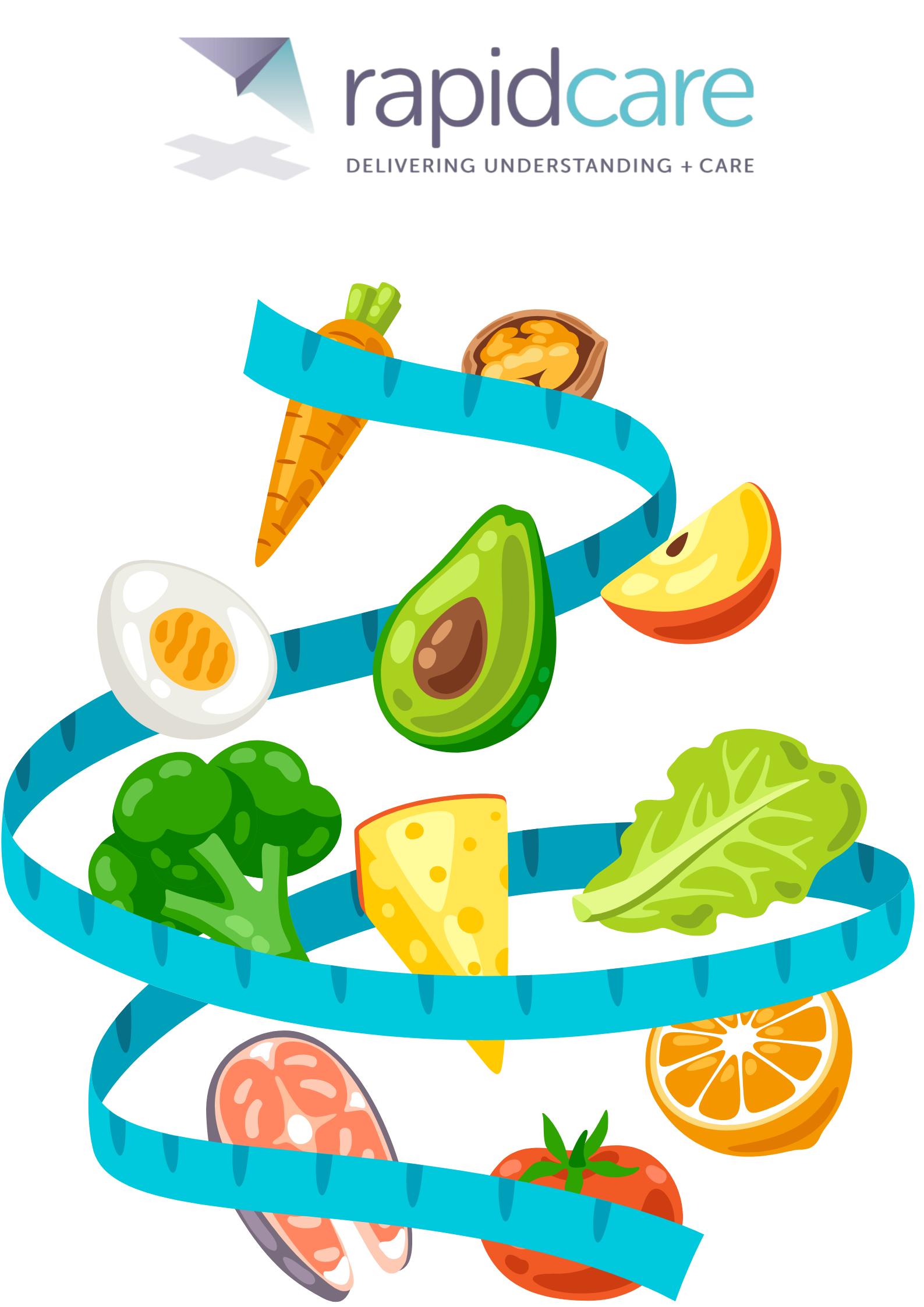When our beloved canine companions fall ill, it’s only natural to want the best possible care for them. One of the key aspects of managing a dog’s health is nutrition, and for many pet owners, the question arises: are prescription diets necessary for sick dogs? Navigating the myriad of dietary options available can be overwhelming, but understanding the role and benefits of prescription diets can provide clarity and reassurance. This article will guide you through the essentials of prescription diets, explore their potential advantages, and help you make informed decisions to support your furry friend’s health with warmth and compassion.
Understanding the Role of Prescription Diets in Canine Health
When a dog falls ill, their nutritional needs can change dramatically. Prescription diets are specially formulated to address specific health conditions, offering targeted nutrition that supports recovery and management of chronic illnesses. These diets are not simply enhanced versions of regular dog food; they are crafted with precise ingredients and nutrient profiles that cater to unique medical requirements.
Some of the common conditions that might necessitate a prescription diet include:
- Chronic kidney disease
- Gastrointestinal disorders
- Allergies and food sensitivities
- Diabetes
- Heart disease
These diets often include controlled levels of protein, fat, and carbohydrates, along with specific minerals and vitamins, to promote optimal health outcomes. They are designed in collaboration with veterinarians and nutritionists, ensuring that they meet the specific dietary needs of ailing pets. For pet owners, understanding the importance of these diets can significantly impact the quality of life for their beloved companions.

Key Nutrients and Their Impact on Recovery
When it comes to supporting the recovery of sick dogs, understanding the role of key nutrients can be transformative. Proteins are fundamental as they help repair tissues and support immune function. Ensuring your dog receives high-quality, easily digestible protein can significantly aid in their recovery process. Omega-3 fatty acids are another powerhouse nutrient, known for their anti-inflammatory properties, which can help reduce swelling and pain, making your dog more comfortable during recovery.
Additionally, consider the impact of vitamins and minerals. These micronutrients, such as Vitamin E and Zinc, are crucial for boosting the immune system and promoting wound healing. Antioxidants, like those found in Vitamin C, play a vital role in combating oxidative stress, which can be heightened during illness. It’s essential to consult with your veterinarian to tailor these nutrients to your dog’s specific needs, ensuring an optimal recovery journey.
- Proteins: Tissue repair and immune support
- Omega-3 Fatty Acids: Anti-inflammatory benefits
- Vitamins & Minerals: Immune boosting and wound healing
- Antioxidants: Reduce oxidative stress

Choosing the Right Diet for Your Ailing Dog
When your furry friend is under the weather, it can be overwhelming to navigate the myriad of dietary options available. It’s crucial to tailor your dog’s nutrition to their specific health needs, and understanding when a prescription diet is warranted can make all the difference. Prescription diets are often recommended for dogs dealing with specific health issues, such as kidney disease, diabetes, or allergies. These specialized diets are formulated to address particular medical conditions and are typically available through veterinarians. They can be pivotal in managing symptoms and improving your dog’s quality of life.
However, not every health issue requires a prescription diet. In some cases, a well-balanced, high-quality commercial diet or a carefully planned homemade diet can suffice. Consider the following when deciding on your dog’s diet:
- Consult your veterinarian to determine the underlying cause of your dog’s ailment.
- Assess whether your dog’s condition is chronic or temporary, which may influence dietary needs.
- Evaluate the ingredients in both prescription and non-prescription diets to ensure they meet your pet’s nutritional requirements.
- Monitor your dog’s response to the diet and be open to adjustments based on their progress.
Ultimately, the right diet can play a significant role in your dog’s recovery and overall well-being. Ensuring their nutritional needs are met with either a prescription or an alternative diet is a decision best made with professional guidance and a good understanding of your pet’s specific health challenges.

Practical Tips for Transitioning Your Dog to a Prescription Diet
Transitioning your furry friend to a prescription diet can be a smooth process with the right approach. Start by introducing the new food gradually over a period of 7-10 days. Mix a small amount of the prescription diet with your dog’s current food, gradually increasing the proportion of the new food while decreasing the old. This gentle transition helps prevent digestive upset and gives your dog time to adjust to the new flavors and textures.
- Consult Your Vet: Always consult with your veterinarian before making any dietary changes to ensure it’s appropriate for your dog’s specific condition.
- Monitor Health: Keep an eye on your dog’s reaction to the new diet. Look for changes in energy levels, coat condition, and stool consistency.
- Be Patient: Remember that some dogs may take longer to adapt. If your dog is reluctant to eat the new diet, try warming the food slightly or adding a small amount of low-sodium broth.
By following these tips, you can help ensure that the transition is as stress-free as possible for both you and your dog. With patience and care, a prescription diet can play a vital role in managing your pet’s health conditions.

